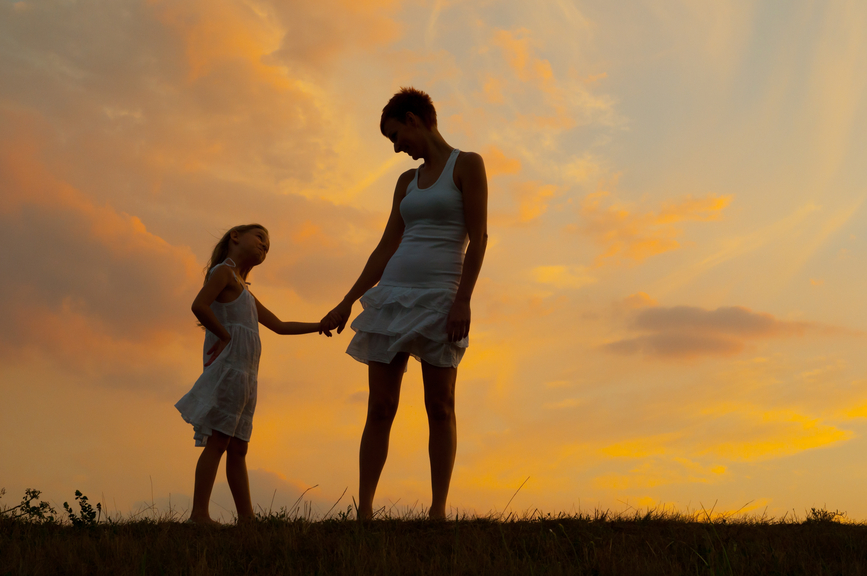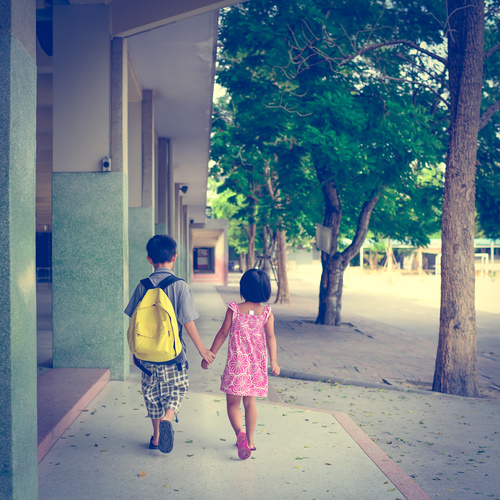The Sibling(s): Born Into An ASD World
Meet Charlie Allen While growing up as the sibling of someone with autism may progress without a hitch, many harbor feelings of loneliness and resentment. As someone who falls somewhere in-between the above examples, I offer you my son, Charlie Allen. Not until the writing of this blog has Charlie,Continue Reading





